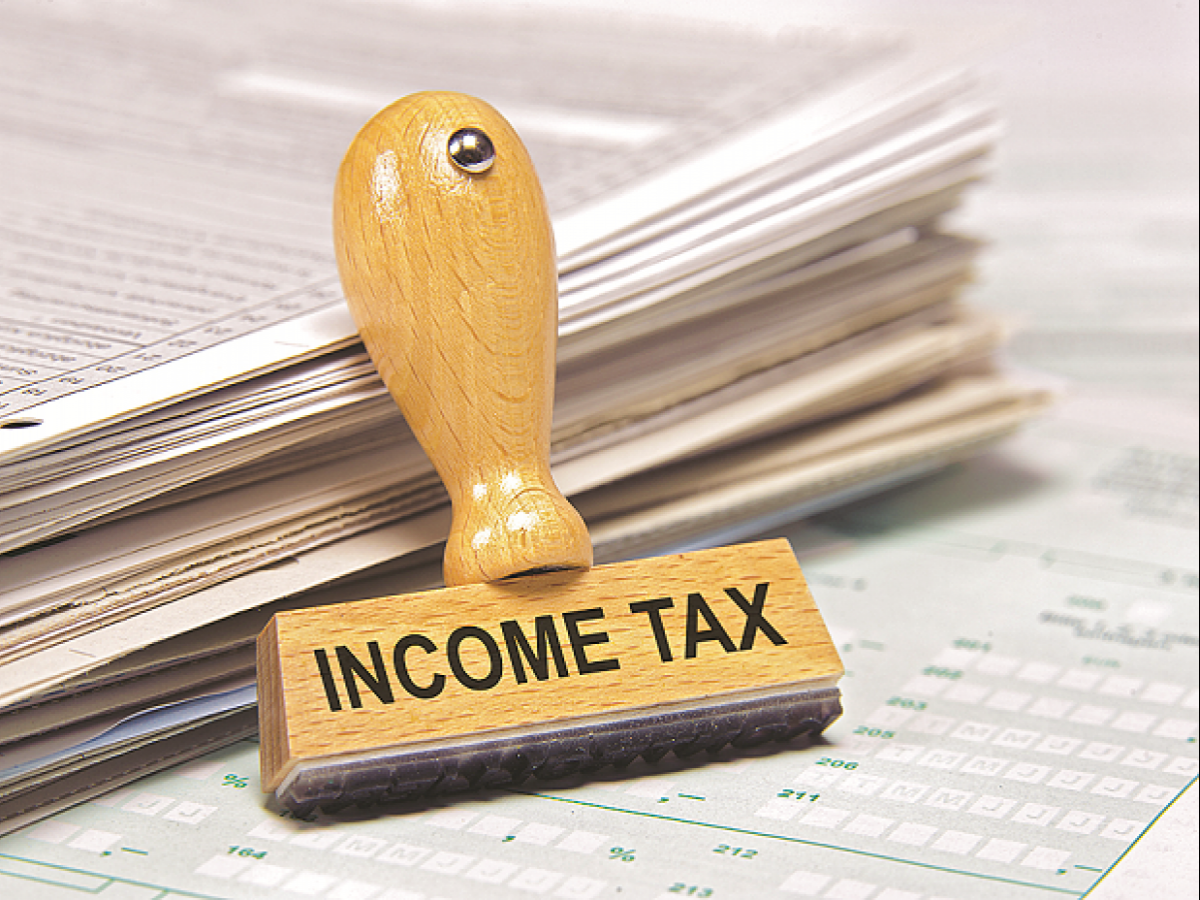Assessee cannot claim double deduction if Section 14A of the Income Tax Act is applicable : Karnataka High Court
Under the Income Tax Act, 1961, deduction under Section 35(2AB) is an expenditure based deduction whereas deduction under Section 10B is income based deduction and hence, the two are independent provisions. The High Court bench consisting of J. Alok Aradhe and J. Nataraj Rangaswamy decided upon income tax deduction in a given assessment year in the matter of Biocon Ltd. v. The Deputy Commissioner of Income Tax [I.T.A. No. 416 of 2014].
The assessee was a company engaged in the manufacture and sale of biotechnological products in Pharmaceutical and enzyme sectors through fermentation based technology. The assessee filed its return of income for the Assessment Year 2004-2005 declaring a total income of Rs. 50,65,18,080/- after claiming various deduction which included deduction under Section 10B as well as Section 35(2AB) of the Act. The assessing officer held that the assessee could not claim deductions under both the sections. The Commissioner of Income Tax (Appeals) affirmed this order upon which the assessee filed an appeal before the Tribunal. The Tribunal again affirmed the previous orders to which the assesse filed the present appeal.
Learned Counsel for the assessee submitted that Section 10A as well as Section 10B were not exemption provisions but were deduction provisions and the deduction had to eb given effect to at the stage of computation of profits and gains of business. It was also brough to the notice of this court that Section 10B was qua the undertaking and was given in respect of the profits of business of the undertaking whereas deduction under Section 35(2AB) was given effect to a later stage while computing the total income of the assessee at the entity level. Therefore, the two deductions were independent of each other. The Learned Counsel for the revenue submitted that the legislature never intents upon providing the benefit of double deduction and hence, the appeal should be set aside.
The High Court turned to the decision of the Division Bench which relied on CIT v. Yokogawa India Limited [(2012) 21 TAZMANN.COM 154 (KAR)], and stated that “It is pertinent to mention here that the Tribunal by placing reliance on decision of this Court in Yokogawa India Lt., held that Section 10B of the Act is in the nature of the exemption provision and therefore, the Assessing Officer was right in reducing the profits of the units eligible for deduction under Section 10B to the extent pf additional 10% deduction available under Section 35(2AB) of the Act. However, it is pertinent to mention here that subsequently the decision of this Court in Yokogawa India Ltd., as it pertains of nature of provision of Section 10B of the Act is concerned, was reversed by the Supreme Court and it was held that Section 10B of the Acr is in the nature of deduction provision. It is also pertinent to mention here that Section 10B us a provision which deals with deduction of income whereas Section 35(2AB) deals with deduction on expenditure”. The court further said that “mandate of Section 14A is clear and the same is aimed to curb the practice to claim deduction of expenses against taxable income and at the same time, avail of the tax incentive by way of exemption of exempt income without making apportionment of expenses incurred in relation to exempt income”.

